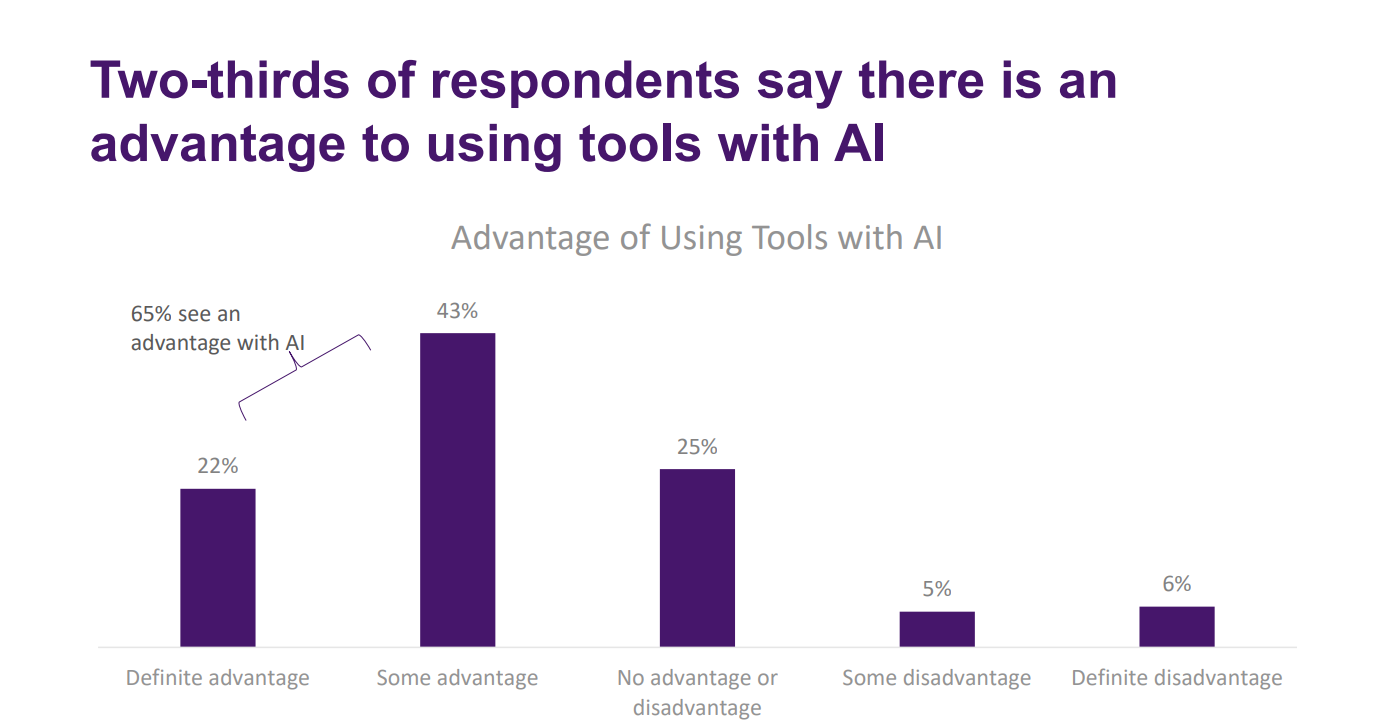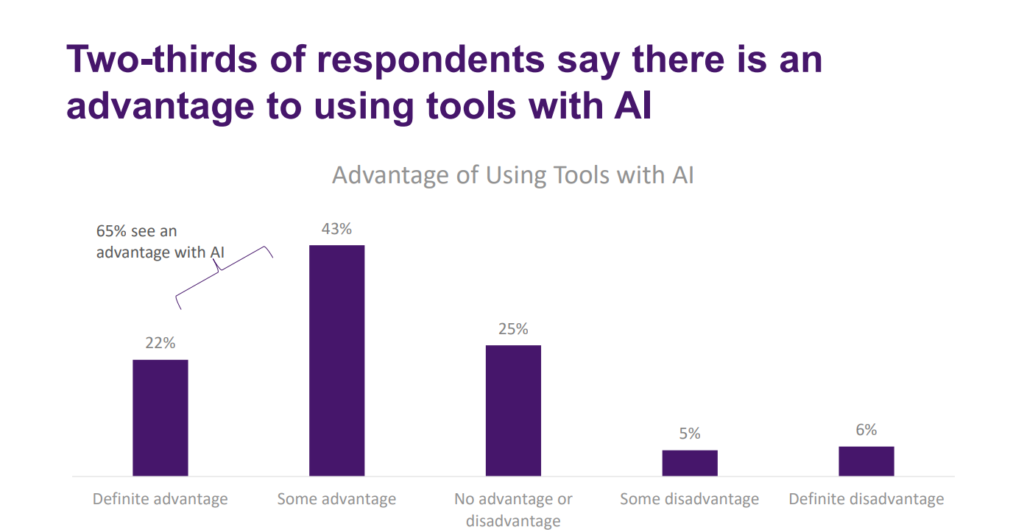
What You Should Know:
– Physicians are cautiously optimistic about artificial intelligence (AI) in healthcare, according to a new survey by the American Medical Association (AMA). While 41% are equally excited and concerned about its potential, nearly two-thirds see its advantages if specific concerns are addressed.
– The survey of 1,081 physicians, conducted in August 2023, reveals a complex picture of how doctors view this transformative technology, highlighting both its potential benefits and lingering concerns.
Physicians Sentiment Towards AI in Healthcare
The survey reveals a nuanced picture of physician sentiment towards AI. While doctors recognize its potential to improve care and efficiency, concerns about trust, transparency, and patient-doctor relationships remain. By addressing these concerns and prioritizing responsible development, AI can become a valuable partner in shaping a better future for healthcare.
Key findings of the survey include:
– Doctors Crave Relief from Administrative Burdens: The survey reveals a clear desire for AI tools that alleviate the administrative burden plaguing modern medicine. Doctors are most enthusiastic about AI’s potential to ease documentation (54%) and prior authorization hurdles (48%), freeing them to focus on patient care.
Enhancing Care, but Protecting the Patient-Doctor Bond: Physicians recognize AI’s potential to improve diagnostic accuracy (72%), workflow efficiency (69%), and clinical outcomes (61%). However, concerns about AI’s impact on the patient-physician relationship (39%) and patient privacy (41%) remain high, highlighting the need for careful development and deployment.
Trust and Transparency: Keys to Unlocking AI’s Potential: The survey underscores the importance of trust and transparency for successful AI adoption. Doctors overwhelmingly demanded data privacy assurances (87%) and freedom from liability for AI model errors (87%). They also seek clear information about the design, development, and deployment of these tools (80%).
AI in Action: Early Steps on a Long Road: Despite concerns, 38% of physicians already use AI tools for tasks like generating discharge instructions (14%), documenting codes and notes (13%), translation services (11%), and even assisting with diagnosis (11%). These early applications offer a glimpse of AI’s potential, but also highlight the need for further development and refinement.
“Physicians are optimistic about the advantages that properly designed AI-enabled tools can have for patient care, and nearly two-thirds of physicians see an advantage to AI if key requirements are met,” said AMA President Jesse M. Ehrenfeld, M.D., M.P.H. who is board certified in both anesthesiology and clinical informatics. “The AMA survey illustrates that physicians’ greatest hope for AI rests in reducing the crushing administrative burdens that plague modern medicine, which drain health care resources and pull physicians away from patient care.”

